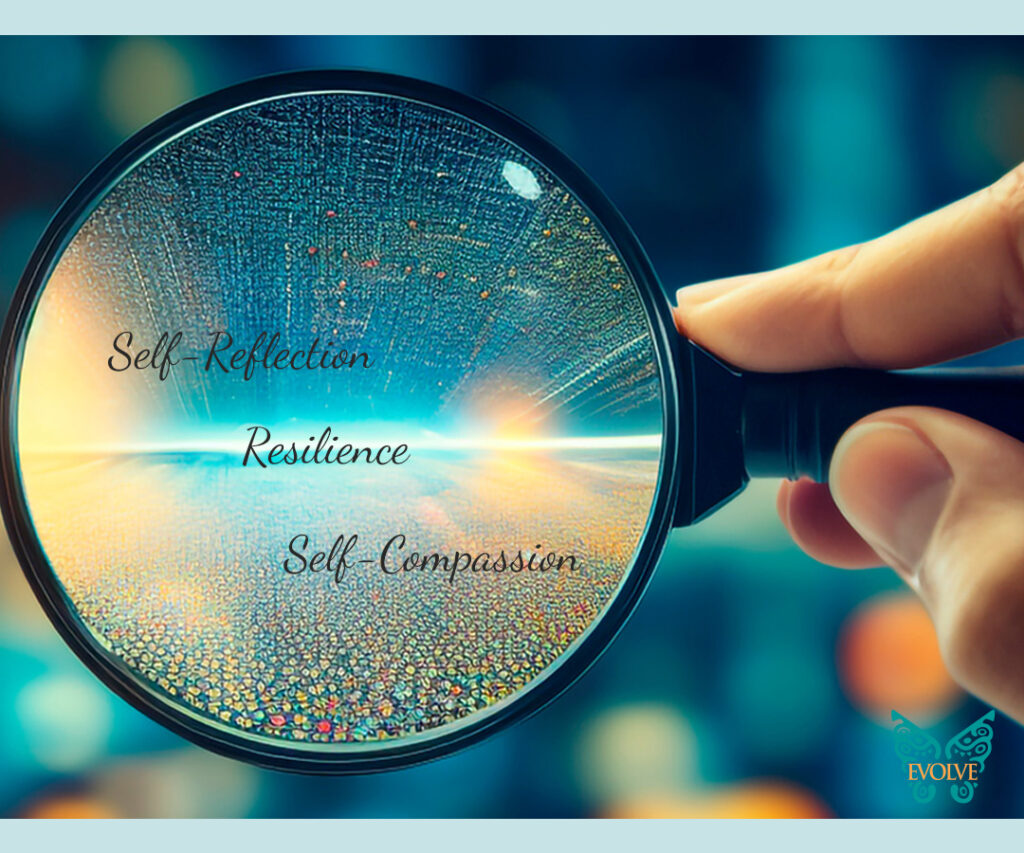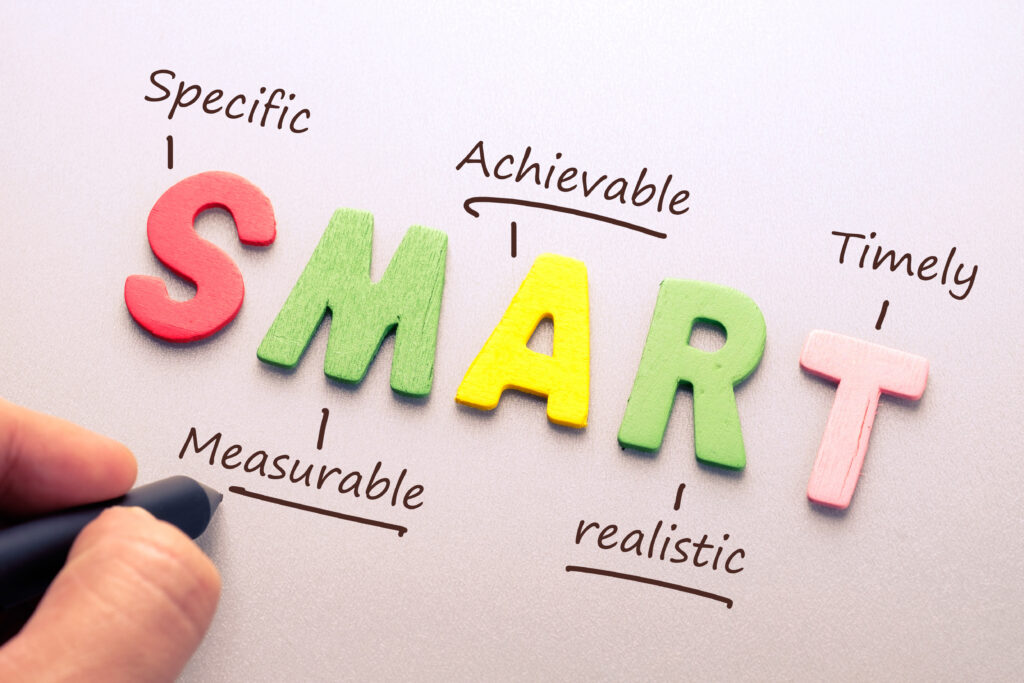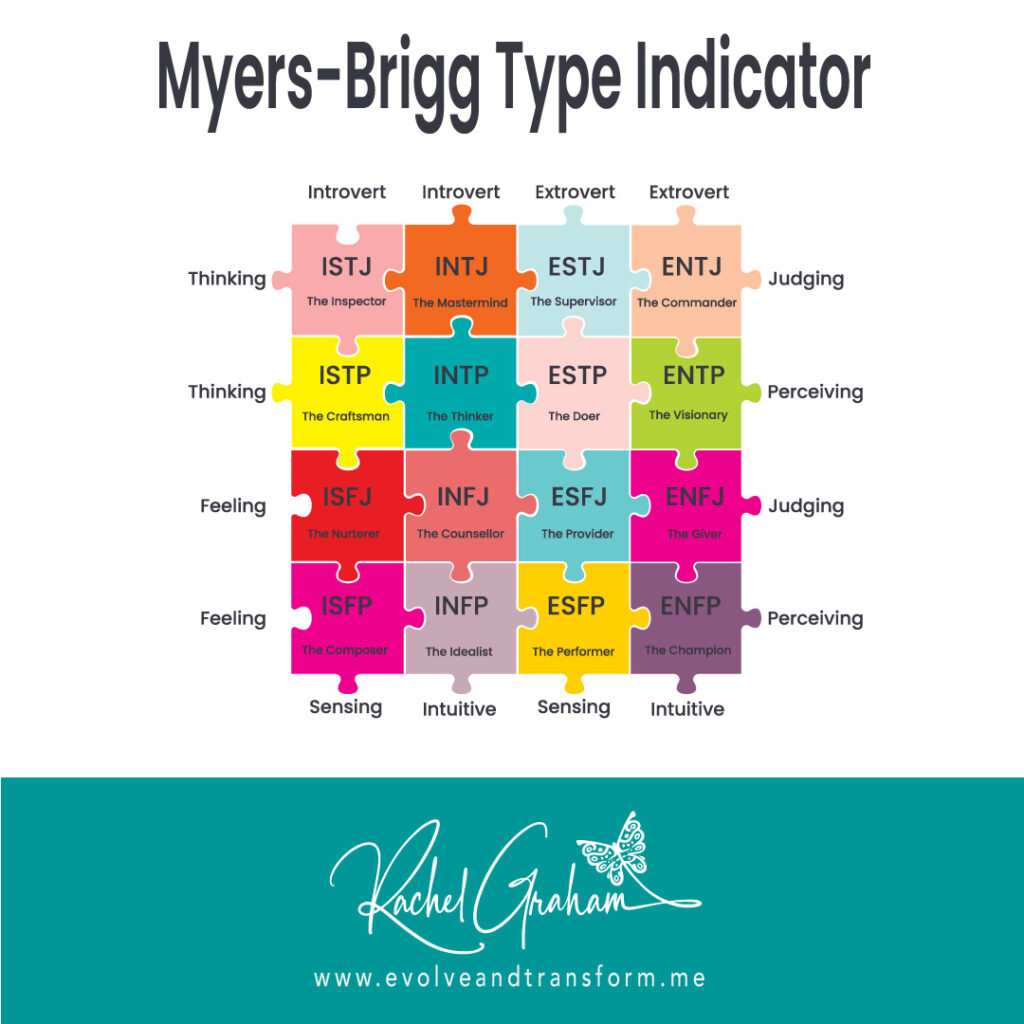Self-Reflection, Self-Compassion, and Resilience are Necessary to Find Meaning and Purpose During a Health Crisis
Facing a health crisis can be an incredibly difficult and emotionally exhausting experience for an individual. Whether it’s receiving a personal diagnosis, witnessing the illness of a loved one, or experiencing a global pandemic, these challenging moments compel us to face our own mortality. As a result, we may find ourselves feeling disoriented and burdened by the weight of it all. Despite the troubling chaos and uncertainty, it is possible to discover meaning and purpose that can assist in navigating through these challenging times.
The initial step in discovering meaning and purpose amidst a health crisis is to recognize and embrace the reality of the situation. While it’s not necessary for you to like it, accepting the situation is crucial for making progress. Engaging in mindfulness practices, such as meditation and breathing exercises, can be beneficial for staying grounded in the present moment and effectively managing anxiety and fear that often arise during health crises.
Isolation and loneliness are common side effects of a health crisis, but leaning on your support system can be a powerful source for meaning and purpose. Share your thoughts and feelings with friends and family or seek support from groups and counseling services. Sharing your experiences and offering support to others can give you a sense of purpose and strengthen your relationships.
While you may currently feel powerless, it is crucial to recognize and focus on the aspects that you can control. By focusing on the things that you have control over, you can regain a sense of empowerment and direction.
During challenging times, it is common to lose focus on your long-term goals and aspirations. By establishing small, meaningful goals, you can rekindle a sense of purpose and achievement. These goals do not need to be monumental; they can simply help you regain a sense of control and direction in your life.
You may be reevaluating your values and priorities. Your health crisis may provide an opportunity to reflect on what truly matters to you. Take the time to consider what gives your life meaning and purpose and let this guide your choices and goals.
Become knowledgeable by learning about your condition, treatment options, and the experiences of others who have faced similar health crises. Knowing what to expect can provide valuable insights and a sense of purpose.
Even during a health crisis, there are things to be grateful for. Keeping a gratitude journal or recognizing the positive aspects of your life can cultivate a sense of meaning and purpose. Practicing gratitude has the power to greatly influence your perspective.
Finding meaning and purpose during a health crisis is a challenging and ongoing process. It requires self-compassion, self-reflection, and resilience. While these strategies can be helpful, it’s important to remember that there is no one-size-fits-all approach. What works for one person may not work for another, so be open to trying different things until you find what resonates with you. Ultimately, it’s your personal journey and can be a deeply individual and transformative experience.
If you need assistance in navigating these challenging times, I recommend reaching out to Rachel Graham. Rachel is truly inspiring when it comes to having a clear sense of purpose.











